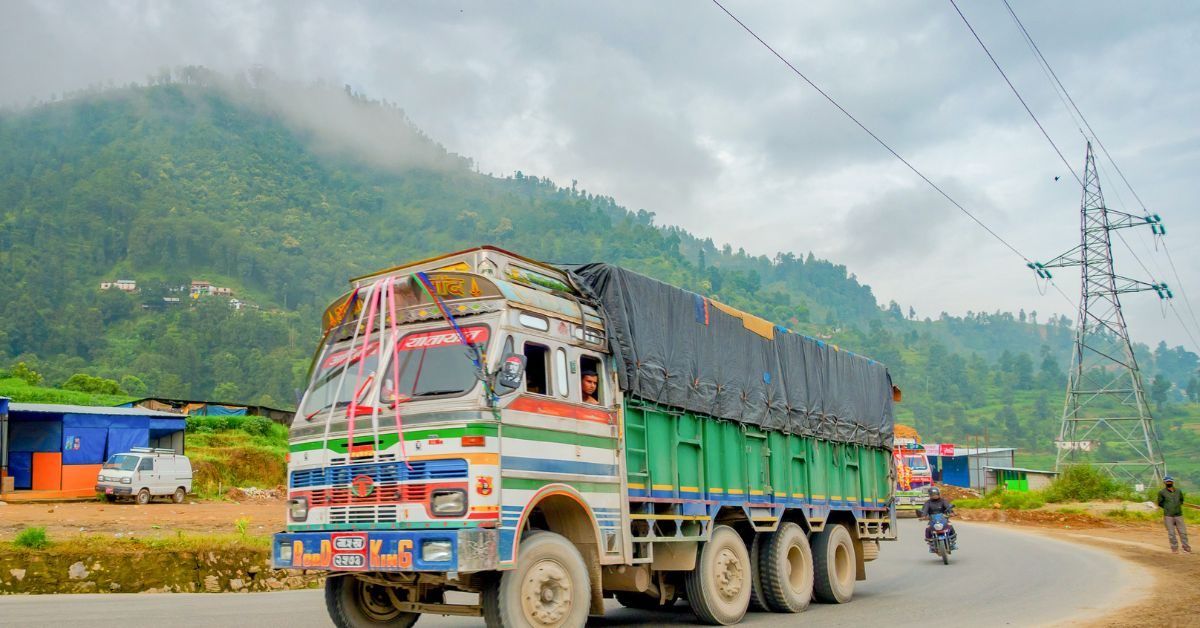India’s priority corridors for zero-emission trucking have been highlighted in a report published by the Office of the Principal Scientific Adviser (PSA). Ten crucial highway corridors nationwide that have the greatest potential for zero-emission truck (ZET) adoption are listed in the research. It seeks to spur a nationwide shift to a more sustainable and clean freight industry.
“India can speed its transition to a zero-emission freight sector while enhancing competitiveness and resilience by carefully prioritizing key corridors,” the Office of the PSA stated. The paper was released by Prof. Ajay Kumar Sood, Principal Scientific Adviser (PSA) in the nation’s capital, and was created with assistance from the Centre of Excellence for Zero Emission Trucking (CoEZET), which includes IIT Madras, Rocky Mountain Institute, and Manifold as knowledge partners. Future investments in public-private partnerships, regulatory support systems, and charging infrastructure are anticipated to be guided by the insights offered.
An initial list of 230 routes was evaluated quantitatively and qualitatively in order to determine the top 10 corridors for Zero-Emission Trucking (ZET) in India. The top ten corridors were evaluated and shortlisted using criteria such toll traffic data, supply/demand center mapping, stakeholder discussions, and in-depth field research. When deciding on the corridors, other considerations were made, including high freight traffic, industrial activity, the availability of ancillary services, grid infrastructure readiness, corridor length in relation to battery range, and strategic stakeholder input for commercial and business viability. The study emphasizes that approximately 40% long-distance trucks are responsible for 1% of India’s fuel consumption and transportation-related emissions. Therefore, ZET adoption is essential for lowering air pollution, decarbonizing the logistics industry, and bolstering India’s energy security.









